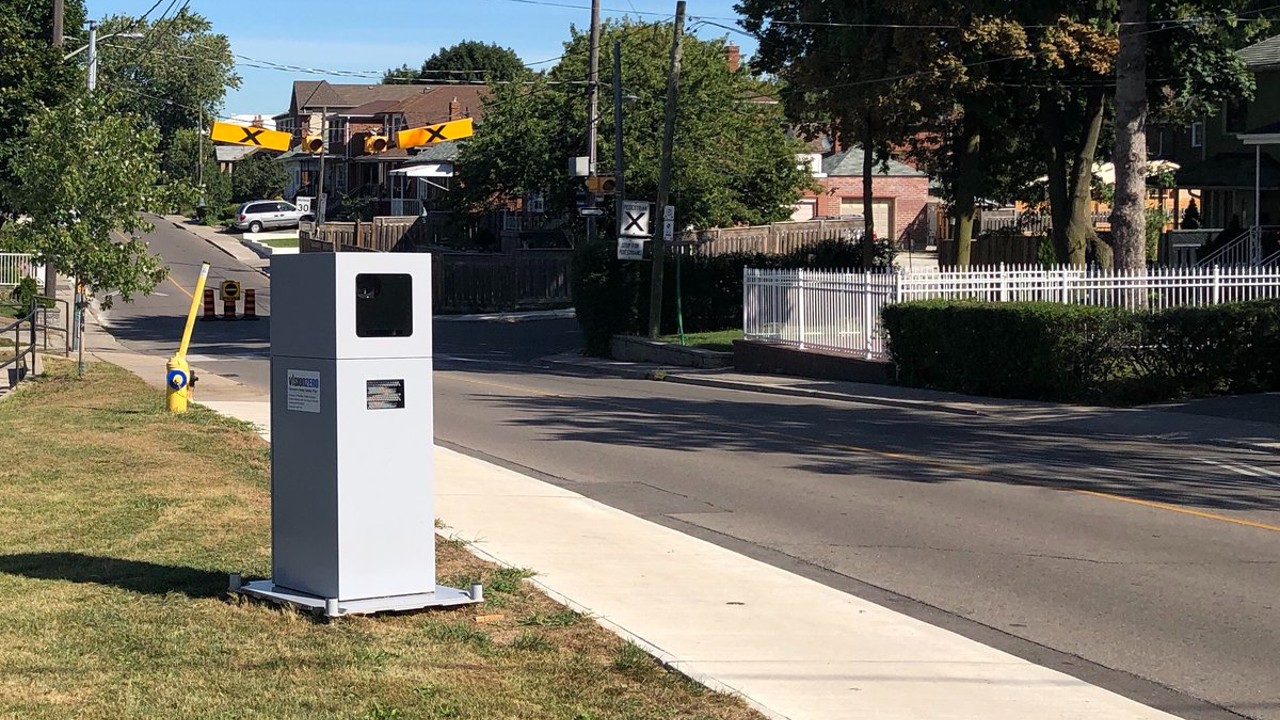The results, as study author and environmental psychologist Ian Walker
succinctly put it on Twitter, showed that "'Car Brain' — the cultural blind spot that makes people apply double standards when they think about driving — is real, measurable and pervasive."
For instance, a whopping 61 percent of respondents either "agreed" or "strongly agreed" that safety risks were a natural part of driving, while roughly half as many people (31 percent) thought workplace hazards were to be expected and tolerated — despite the fact that for millions of people who work in transportation, driving
is working, and those people need workplace protections, too.
When it came to air pollution, meanwhile, only 17 percent of respondents thought that non-consenting passerby shouldn't be exposed to toxic fumes from tailpipes, while
75 percent said the same about fumes from cigarettes, which have been banned in many indoor and outdoor environments.
Those findings, unsurprisingly, prompted a flurry of conversation, particularly from those who questioned whether the hazards of car dependence are truly comparable with other hot-button societal issues. Take cigarettes, which offer no benefits to anyone besides the pleasure of the smoker herself and the profit margins of the tobacco company that feeds her habit; driving, by contrast, at least quickly transports goods and services that we all, theoretically consume. Or, as New York activist Doug Gordon once memorably put it, "
no one drives a cigarette to the grocery store."
Walker, though, says that "part of the point" of the study was to highlight the ways that pro-car bias — or, as he calls it, "motonormativity" — isn't just a matter of individual preference, but the result of societally constructed asymmetries that make, say, forcing car exhaust on our neighbors
feel like a defensible choice, while forcing cigarette fumes on those same neighbors is increasingly stigmatized and outlawed. (He also points out that truly necessary trips aside, a lot of driving
doesn't benefit society at large, and with good planning and policy, no one would need a car to get to a grocery store at all.)
More important, Walker stresses that the instinct to defend the car-dominated status quo isn't only the result of bad policies that too often make driving the only realistic choice. It's also a deep cultural and emotional value that's systemically reinforced by our own families, our media landscape, and countless small, daily interactions that seem innocuous in the moment, but add up to powerful norms. He says the study was partly inspired by a recent visit to his doctor, who assumed he needed driving directions to the closest pharmacy to fill a prescription — even though it was less than a quarter-mile away.
"We like to think that we’re rational agents, and especially given the influence of economics in policymaking," he adds. "We tend to think that people weigh out the pros and cons of everything they do. But they don’t. Because if they did, well, why doesn't everyone just drive the most affordable car? Why does anybody worry about the
color of their car? We are so, so influenced in our behavior by what we see other people do; it’s unconscious, but it happens all the time."







